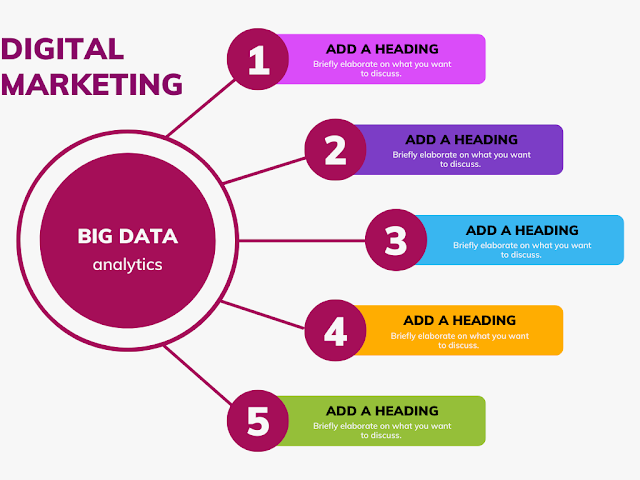"The Impact of User Experience on SEO"
In today's digital
age, the importance of user experience (UX) on website design cannot be
overstated. As technology advances and consumer expectations continue to
evolve, businesses must prioritize the needs and wants of their users to remain
competitive. This is especially true in the realm of search engine optimization
(SEO), where the user experience plays a crucial role in determining the
success of a website.
UX encompasses all
aspects of a user's interaction with a website, including its design,
navigation, and content. A positive UX can lead to increased engagement, higher
conversion rates, and ultimately, better search engine rankings. Conversely, a
poor UX can result in high bounce rates, low conversion rates, and poor search
engine performance.
One of the primary
ways in which UX impacts SEO is through the use of keywords. Keywords are the
terms and phrases that users enter into search engines to find the information
they are looking for. In order to rank well in search engine results, a website
must include relevant keywords in its content and meta tags. However, simply
stuffing a website with keywords is not enough. The content must also be
well-written, informative, and easy to read. A positive user experience is key
to ensuring that users will stay on the website long enough to engage with the
content, which in turn will increase the likelihood of a user sharing or
linking to the website.
Another important
aspect of UX that impacts SEO is the website's speed. Search engines, such as
Google, prioritize websites that load quickly and are easy to navigate.
Slow-loading websites are not only frustrating for users, but they also
negatively impact search engine rankings. Optimizing images, minifying code, and
using a content delivery network (CDN) are all ways to improve website speed
and enhance the user experience.
UX also plays a role
in the mobile-friendliness of a website. As more and more users access the
internet through mobile devices, it is crucial that websites are optimized for
mobile viewing. This includes using a responsive design, which automatically
adjusts the layout of a website to fit the screen of the device it is being
viewed on. Mobile-friendly websites not only provide a better user experience,
but they also have a higher chance of ranking well in mobile search results.
In conclusion, user
experience and SEO are inextricably linked. A positive user experience can lead
to better search engine rankings, increased engagement, and higher conversion
rates. Conversely, a poor user experience can negatively impact a website's
search engine performance. Businesses must prioritize the needs and wants of
their users to ensure a positive user experience, which in turn will lead to
better search engine performance. By focusing on creating a positive user
experience, businesses can improve their SEO efforts and ultimately drive more
traffic and revenue to their website.




Comments
Post a Comment